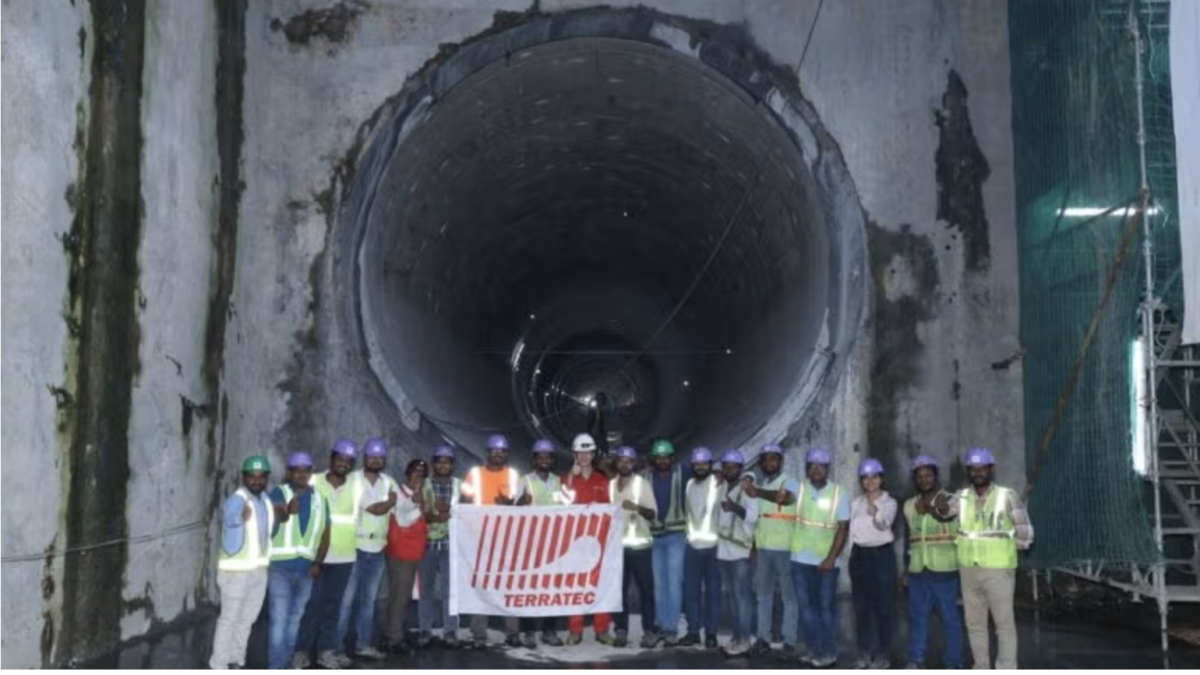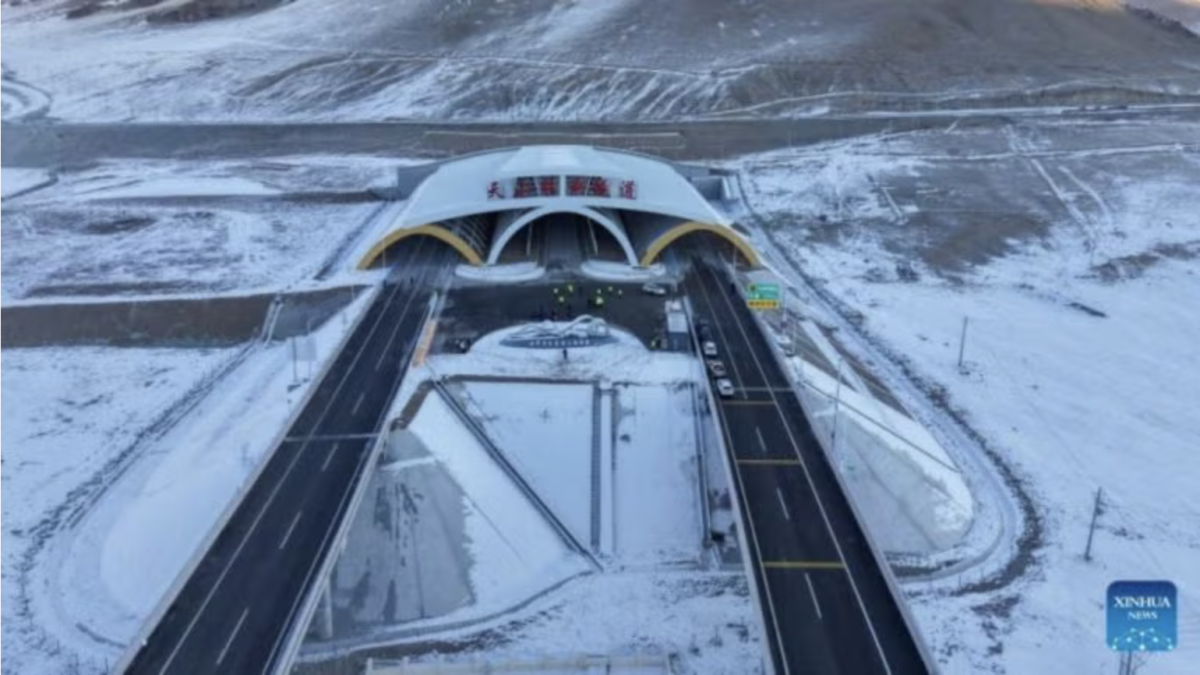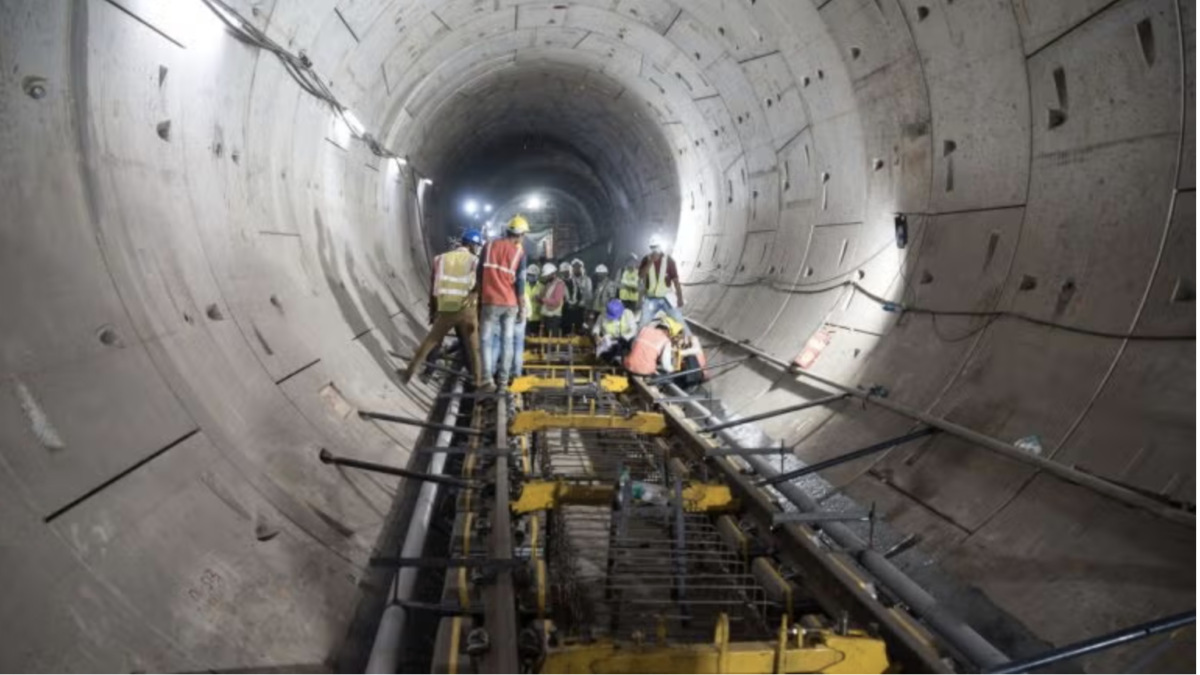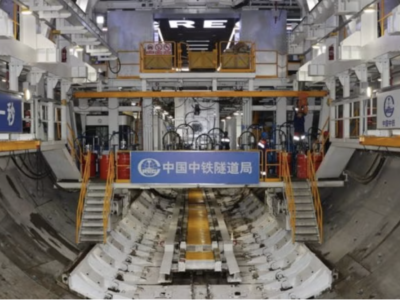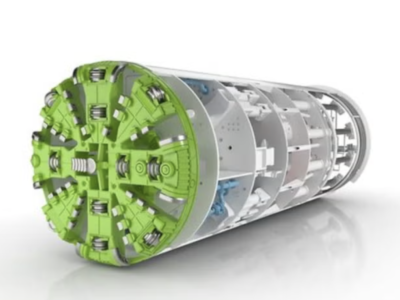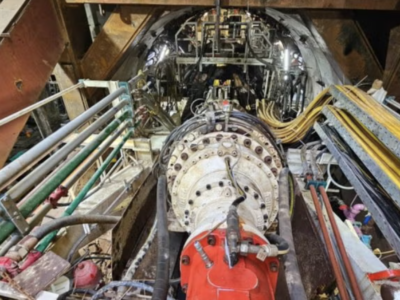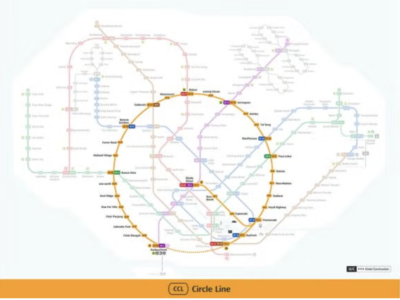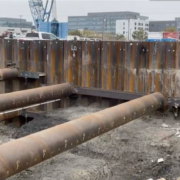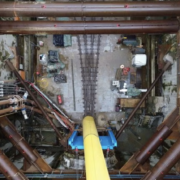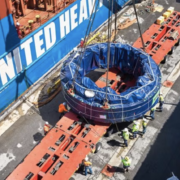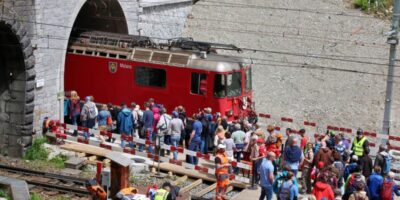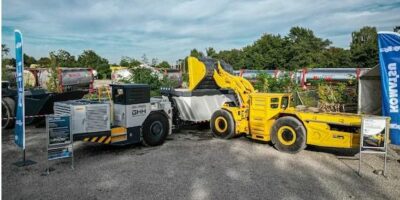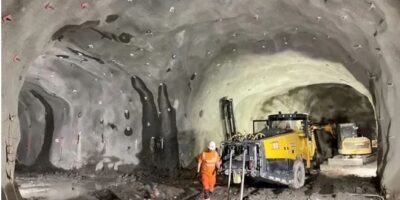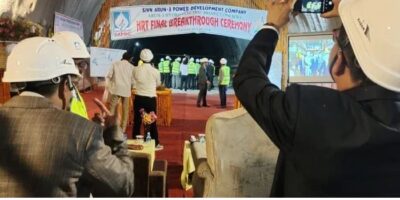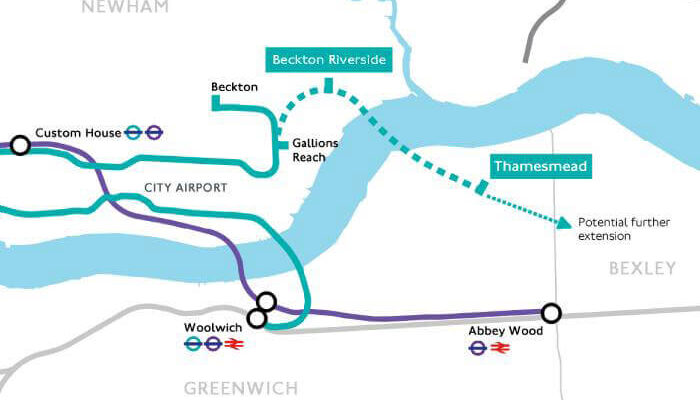
In order to advancing the expansion process of the Docklands Light Railway (DLR), including a new tunnel beneath the River Thames and two new stations, Transport for London (TfL) has commissioned consultation.
While a cross-river extension of the DLR from Gallions Reach to Thamesmead via Beckton Riverside is the opted route, the new stations at Thamesmead and Beckton Riverside would be linked by a tunnel under the Thames.
Also supporting the delivery of new homes, improved town centres and better access to jobs within and from Beckton Riverside and Thamesmead, is up to TfL that collaborates with the Royal Borough of Greenwich, the London Borough of Newham and the Greater London Authority, as well as landowners Peabody, Lendlease, abrdn, St William (Berkeley Homes) and Homes England. TfL says this will only be possible by improving public transport connections.
Connecting two Opportunity Areas and four development sites, the proposed DLR extension was due to build on experience from 2009 when the DLR was extended to Woolwich Arsenal, tunneling beneath the River Thames, with housing growth following in areas including Woolwich, Canning Town, and the Royal Docks.
According to London mayor Sadiq Khan: “Extending the DLR would unlock huge opportunities for London, support tens of thousands of new homes, deliver new transport connections, and boost the economy,?supporting the creation of thousands of jobs. Enabling the infrastructure needed for the capital’s growth is key to building a better, more prosperous London for everyone.”
Moreover, the high quality public transport was essential to the local economy, as Greenwich Council leader Anthony Okereke said.
For creating a new town centre in the south of the borough, with more affordable homes, improved community infrastructure, as well as making the riverfront more accessible, the DLR extension had the potential.
The date of submitting a Strategic Outline Case to the government by TfL and its partners was last year, which was outlining how a DLR extension could transform the area. TfL says that while a key part of this work will be to identify options for maximising local and regional sources of funding, as well as driving cost and creating efficiencies, construction for the extension is currently unfunded and the scale of the projects mean some external support will be required.
The responsibility of funding the feasibility work to date is up to the partnership of private and public sector bodies with an interest in regenerating the area, whereas in order to enabling the construction to commence as early as 2028 and inaugurating the DLR extension in the early 2030s, the aim is to agree an affordable solution by 2025.
Consultation on the proposal closes on March 18.


